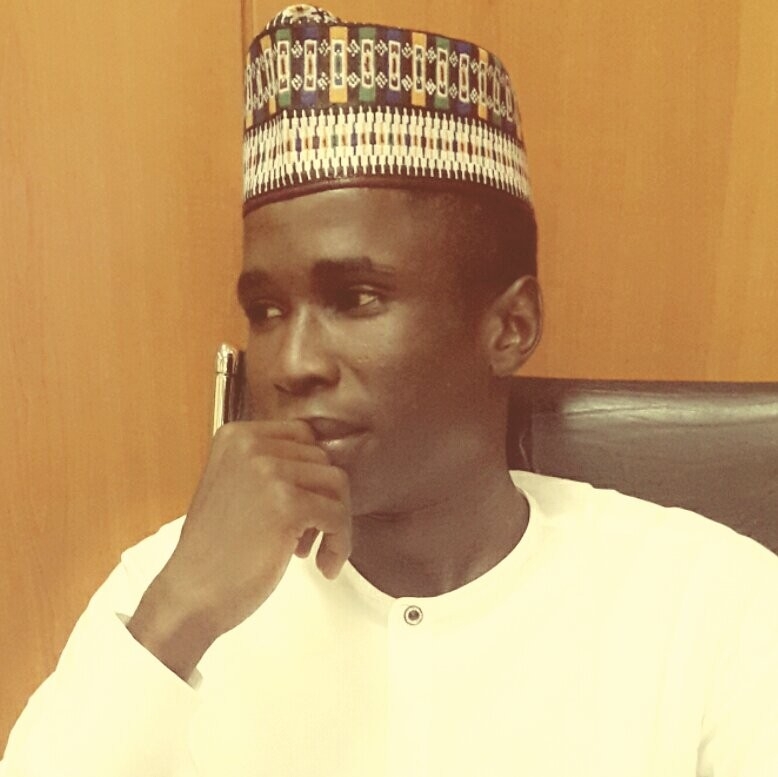Recent happenings in Southern Kaduna have managed to bring the atrocities of Fulani militia and rural banditry to the national front burner. From the commentaries it generated, it appears that Nigeria is debating over a conflict it does not (or refuses to) understand, against a culprit it could not predict.
From 2009 to date, there have been as many as 60 attacks allegedly perpetrated by Fulani militias, with each attack triggering its own reprisals and counter-reprisals that further plunged the area into a vicious cycle of violence.
The conflict in Southern Kaduna continues to defy solution under the diverse initiatives of different state governors, even as power changed hands across the state feuding political and sectarian divides.
If anything, this impasse shows us how complex is the situation at hand, how deeply its wounds have pierced, how recalcitrant are the parties involved and therefore; how inadequate are government peace efforts, past and present.
It is difficult to speak about the events in Southern Kaduna and at the same time difficult to remain silent. Difficult to speak because Nigerians have already framed the conflict from the narrow and divisive perspective of Muslim-Christian binary; and at the same time impossible to remain silent because the conflict is capable of spilling beyond its traditional borders.
At the forefront of this misrepresentation is the patently absurd characterization of the conflict as the actualization of a grand islamization plot that is now being brought to full implementation under a Buhari presidency and under the complicit gaze of Governor Nasir Elrufai.
Nothing is farther from the truth.
Because for us to believe the above crap, we also have to believe that the conflict began with the coming of the Buhari and Elrufai administrations, and at the same time believe also that, all past Kaduna governors, from Makarfi to Yakowa to Yero are part of this conspiracy.
The menace of Fulani militias and rural banditry does not affect Southern Kaduna alone. Communities in Zamfara state are worse hit by rural banditry, both in terms of human and material losses and physical displacement. But Zamfara does not fall into our preferred narrative of ethnic and sectarian victimhood and their suffering does not deserve our selective outrage. And therefore, Zamfara didn’t occur.
The crisis in Southern Kaduna becomes even more complicated considering the fact that in places with age long grievances and suspicion bordering on religion and ethnicity, even the simplest misunderstanding can degenerate into full blown ethnic and sectarian chaos, but that does not give politician and religious leaders the right to make some capital out of such tragedies.
The tragedy in Southern Kaduna exposes our darkest propensities.
Those who laid the blame on the door of the federal government when similar attacks occurred in Benue, Enugu and other states suddenly remember that there is a state governor in Kaduna who should be accused, charged and convicted for ethnic cleansing. To them, the Southern Kaduna tragedy is merely a political cannon fodder, their target is Elrufai whom they see as blocking their political paths.
Politics will not bring peace, only genuine reconciliation will.
The first step towards peace is for all stakeholders to pursue genuine reconciliation. I know how difficult it is to achieve genuine reconciliation where the wounds of conflict have pierced so deeply. But government and other stakeholders should not relent in the pursuit of mutually acceptable settlement. It is through such dialogue that the question of reparations should be addressed.
But before that, the FG must recognize the Fulani militia/rural banditry as a security threat of national proportion, that is rivalling and even seeking to surpass Boko Haram. Communities must be allowed to devise means of self-defense that can be closely monitored by law enforcement to avoid their becoming tools of ethnic and sectarian vengeance.
Next is the difficult question of Fulani nomads. Measures must be put in place to phase out nomadic pastoralism in the medium and long-terms. As for the short-term, ranches and grazing areas should be placed in complete ownership of local communities which non-indigent nomads can pay to access. Introducing money into the equation can turn the whole hostile relationship into a friendly commercial affair.
The Fulani nomads on their own, can transfer the burden of grazing costs to their customers or enjoy some tax incentives as deem appropriate. Commercializing the whole nomadic vocation will also spur economic activities across all segments of the agribusiness value chain.
Political and religious leaders have a responsibility to discharge. They should seek peace not politics in every conflict situation and avoid policies and utterances that seek to delegitimize the ethnic, sectarian or partisan other. Because the problem of Fulani militia and rural banditry affects all our communities. And ironically, the Fulani themselves (and their Hausa neighbours) are worse affected as we see in Zamfara and the rural northwest.
Therefore, until we accept the fact that violence has no tribe, region or religion, but only perpetrators and victims; and that no victim deserves to suffer and no perpetrator deserves to go scot free irrespective of his/her ethnic, sectarian or partisan affiliations, peace in Southern Kaduna and elsewhere will continue to remain elusive.
~Ahmed Musa Husaini
is a public commentator based in Kaduna, Nigeria







